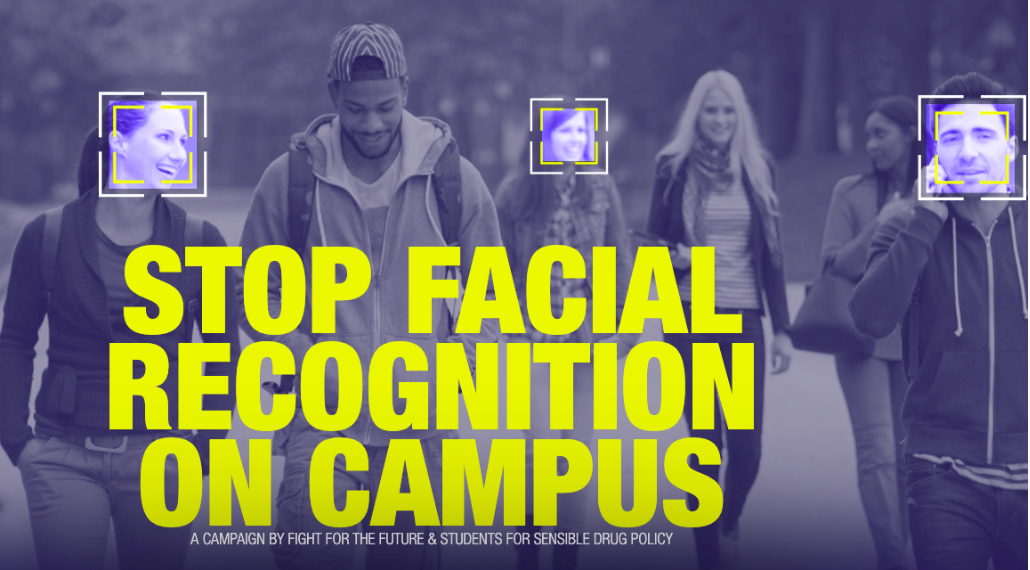Privacy Groups Face Down Facial Recognition on Campus

The smarter way to stay on top of the multichannel video marketplace. Sign up below.
You are now subscribed
Your newsletter sign-up was successful
Privacy and civil rights groups are ramping up their campaign to get facial recognition technology off of college campuses.
They are circulating a letter to aimed at college administrators seeking signatures of support.
Many of the groups are the same ones that were successful in spotlighting the use of the technology at concerts.
While many of the groups, including Fight for the Future, would prefer an across-the-board ban on the technology, they said they were especially calling out colleges and universities because they were being pitched on facial recognition as a way to increase campus safety and even determine whether kids are paying attention in class.
"But the truth is there is no justifiable reason to use it,” said FFTF deputy director Evan Greer. “Claims that it increases safety are unfounded, and using it as a tool of convenience puts the privacy and rights of students and faculty at risk, for little-to-no benefit.”
The letter follows the announcement by the groups of a March 2 National Day of Action to promote the ban of facial recognition on college campuses.
“Just imagine you’re in college—exploring new ideas, meeting new people, going to parties, dating, attending rallies,” says Greer. “Now imagine doing all of that while under constant surveillance, not knowing who is watching you, what’s happening to your biometric data, or what the implications of that may be. There is no way to protect students’ rights and ability to thrive at college when the school uses facial recognition technology.”
The smarter way to stay on top of the multichannel video marketplace. Sign up below.
In addition to FFTF, the groups backing the campus ban include the ACLU, Roots Action and the National Immigration Law Center.
Contributing editor John Eggerton has been an editor and/or writer on media regulation, legislation and policy for over four decades, including covering the FCC, FTC, Congress, the major media trade associations, and the federal courts. In addition to Multichannel News and Broadcasting + Cable, his work has appeared in Radio World, TV Technology, TV Fax, This Week in Consumer Electronics, Variety and the Encyclopedia Britannica.

